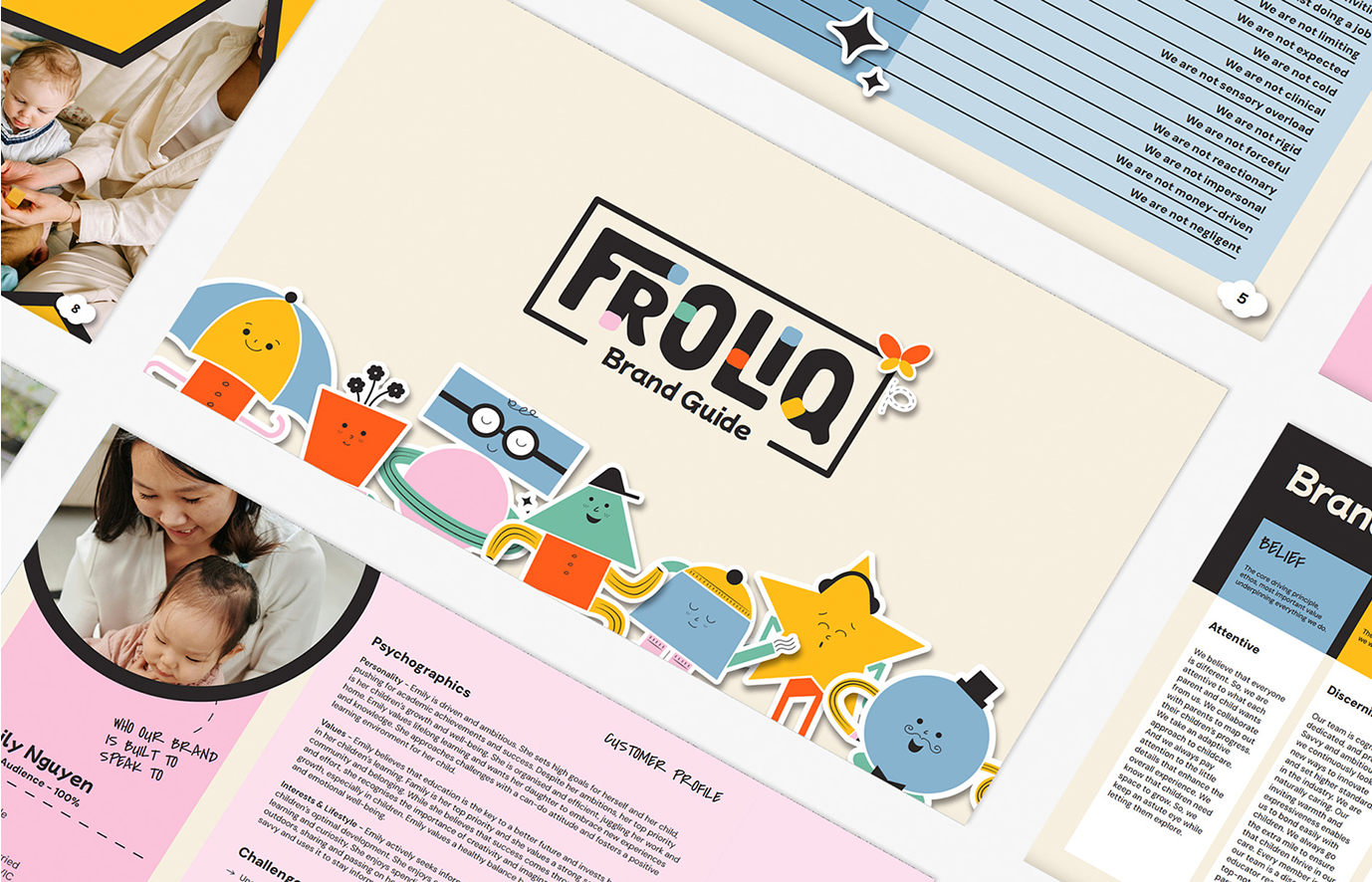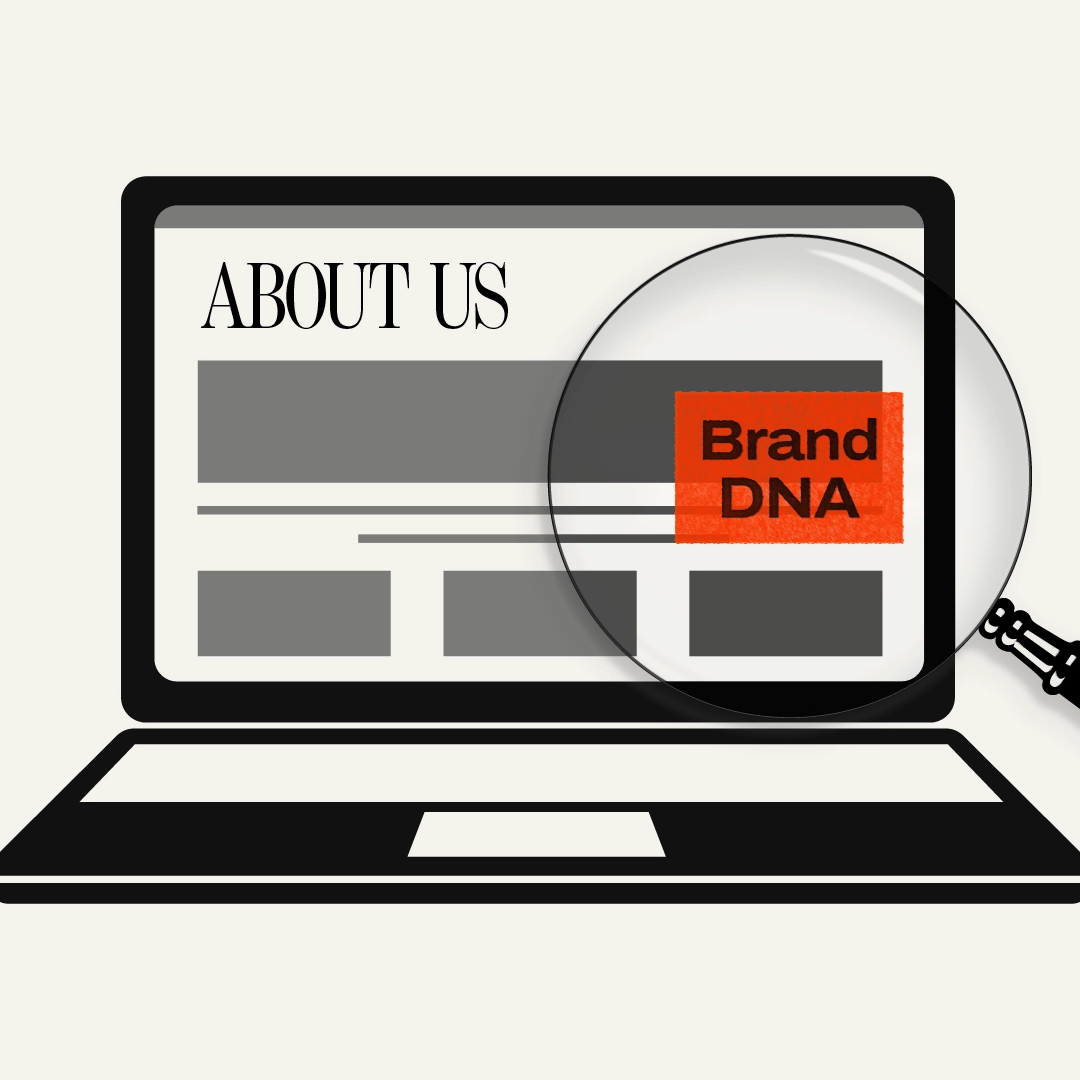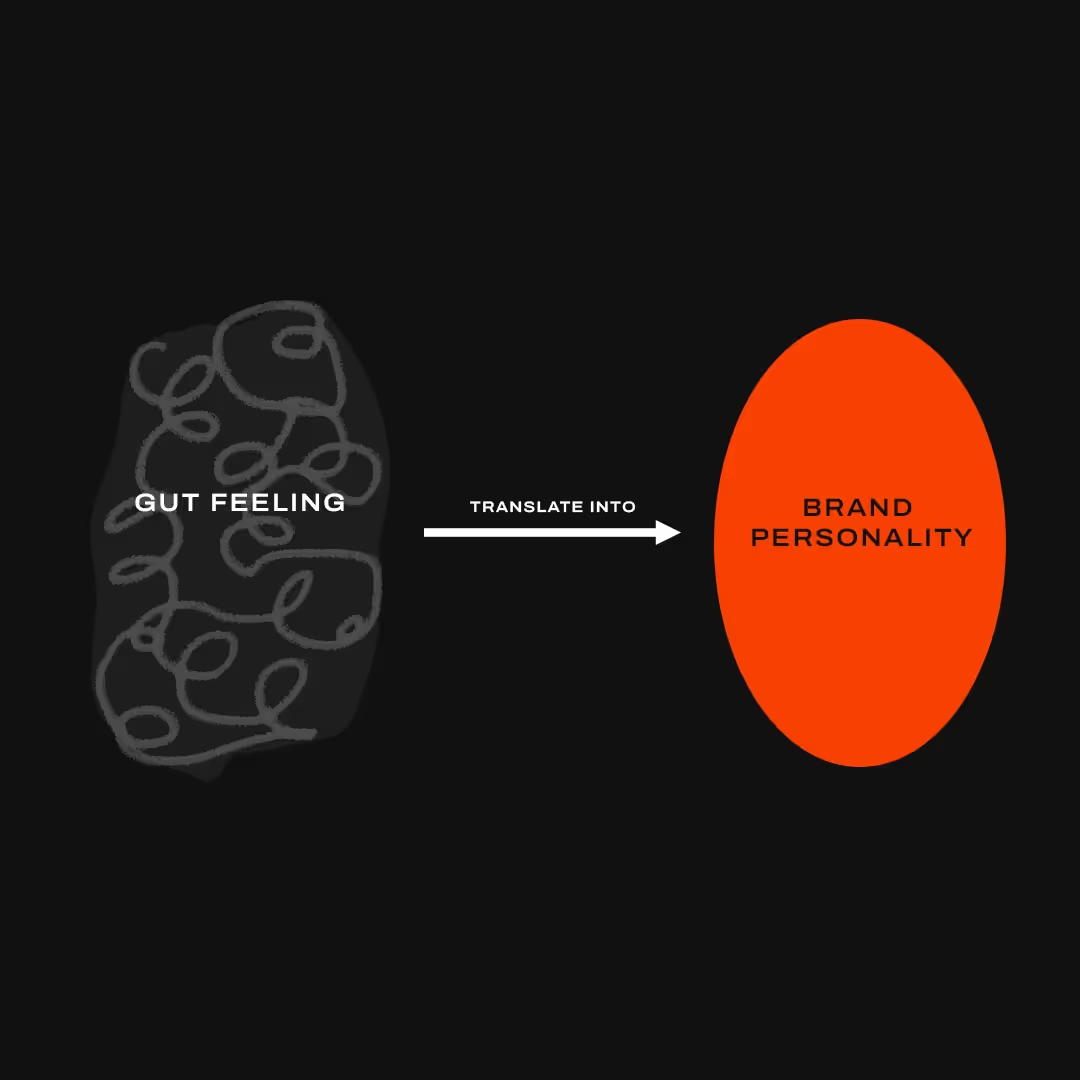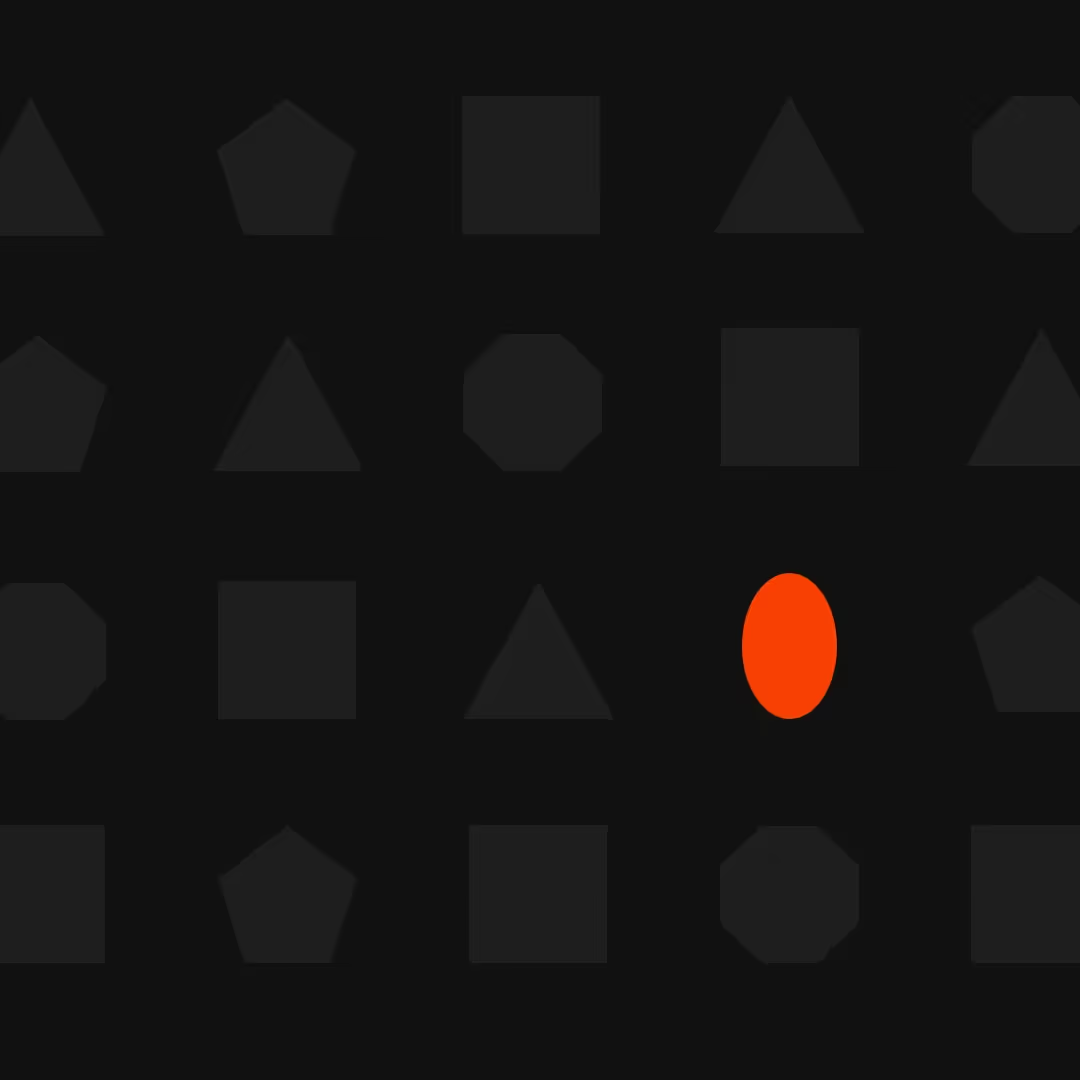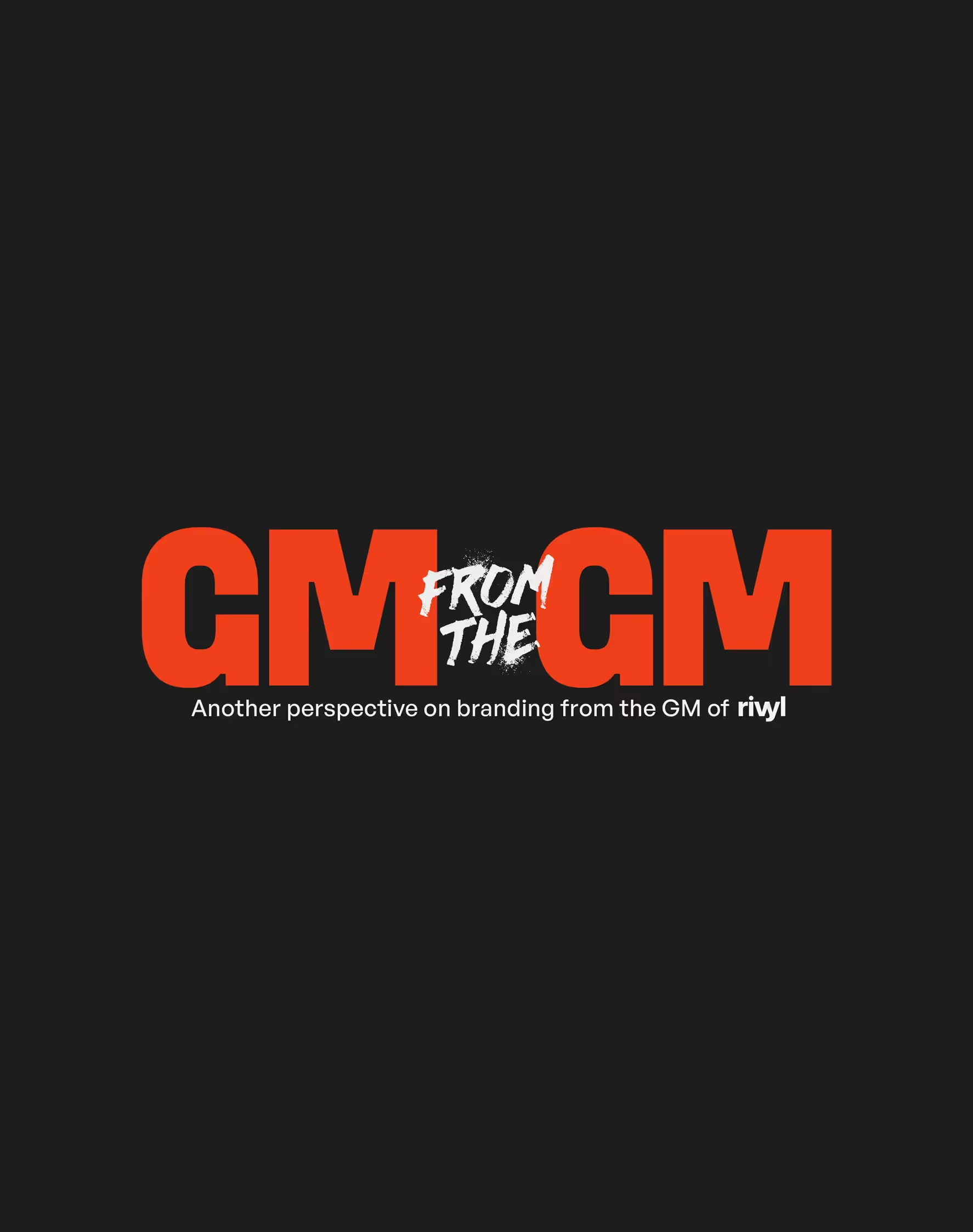Brand Lesson: Protect your brand before it's too late
Building a great brand is hard. And brands are worth protecting. The best time to protect your brand was yesterday, the second best time is now.


This won't be boring at all. Promise.
The best brands are built on the strongest intellectual property. This intellectual property can come in many forms: trade secrets, domain names, copyrights, and patents. When you protect your brand with these strategies, you're building a strong foundation for growth and long-term success.
This really won't be boring. Especially the last part. So keep reading.
We are a team of branding experts who will help you craft the best plan of attack for your business.

What is an intellectual property?

Intellectual property (IP) refers to creations of the human intellect, like ideas or inventions. The best-known types are patents, copyrights and trademarks.
Intellectual property, as we know it today, originated in England during the 17th and 18th centuries. Although the term "intellectual property" is relatively recent, countries around the world have been protecting forms of intellectual property since at least 19th century.
What is a trademark?

A trademark is a brand name that distinguishes one company's product or service from those of other companies.
Any person, company or other legal entity can own a trademark. They are printed on labels and placed on products to indicate their source. This is also true of service marks—which identify the provider of a service.
A trademark is a distinctive name, word, phrase, logo or symbol associated with a particular product or service. Non-traditional trademarks include marks that are based on color, smell or sound (like jingles).
What is a copyright?

A copyright is a form of intellectual property that grants its owner the exclusive right to copy, distribute, adapt or perform an original work.
The work may be in the form of a book, play, movie, video game or piece of music. Copyright law protects originality—not ideas themselves. Copyrighted works are subject to certain limitations, such as the fair use doctrine.
Copyrights were an outgrowth of the printing press, which first came into use in Europe during the 15th and 16th centuries. With the advent of printing came a shift in power away from scribes and toward printers, who could now produce works more cheaply than ever before. However, with no copyright laws in effect, anyone was free to buy or rent a press and print any text they liked.
Copyright has become a concept with far-reaching effects on nearly every modern industry, including not just literary work but also forms of creative endeavor such as sound recordings and films.
The laws for copyrights are complex and constantly changing. To protect your brand and prevent others from using it without permission, it's important to understand how the law applies to brands and what steps you can take to protect yours.
What is a trade secret?

Trade secrets are an important part of any business. They're like a company's "secret sauce," something that gives them an edge over their competitors.
A trade secret is any practice or process of a company that is generally not known outside of the company. Information that is considered a trade secret gives the company a competitive advantage over its competitors and is often a product of internal research and development.
Trade secrets can include:
- Recipes, formulas, designs and processes that are invented or discovered by employees or hired consultants
- Customer lists
- Pricing strategies
- Marketing plans
- Financial data
- Software & algorithms
- Research, development, engineering and technical information
The secret formula for Coca-Cola, which is locked in a vault, is an example of a trade secret that is a formula or recipe. It has not been patented, and has never been revealed.
Google's search algorithm exists as intellectual property in code and is regularly updated to improve and protect its operations.
Trade secrets, not being patents or copyrights, are not registered with an IP office. However, secrecy and confidentiality agreements can be used to protect your trade secrets.
If you have a trade secret, get a vault.
What is a patent?

A patent is an exclusive right granted for an invention, which is a product or a process that provides, in general, a new way of doing something, or offers a new technical solution to a problem. To get a patent, technical information about the invention must be disclosed to the public in a patent application.
If you have created something new and innovative and you would like to protect it from others who may want to copy your work or use it in ways that are not compatible with your vision and direction, then you should consider applying for patents. This will give you legal protection against any infringers and will help you establish yourself as an innovative company.
What is a domain name?

The domain name is your brand's first line of defense. If you're not protecting it, someone else will.
A domain name (often simply called a domain) is an easy-to-remember name that's associated with a physical IP address on the Internet. It's the unique name that appears after the @ sign in email addresses, and after www. in web addresses.
Your domain name is like a badge that identifies your brand online, like an address on a house or business card. If someone types in your site address, they'll be taken to your website — unless there are typos or other mistakes in the typing. So it's important to have a domain that's easy for customers to remember and spell correctly.
Some common sense practices in choosing a domain name:
- Avoid long and really long names. No one likes typing thisisthemostawesomewebsite.com. Aside from the potential for typographical errors, just imagine using this in an email address: samanthasanderson@ thisisthemostawesomewebsite.com😵! If you want to keep your friends, clients, or simply not piss off people, we totally recommend having a domain name with far fewer characters than the English alphabet.
- Avoid using dashes or hyphens. They key here is to keep it as clean and as short as possible.
- If you the .com version of the domain name you want is not available, try the .net, .org, or .co instead. There are a whole bunch of TLDs(top-level domains) available these days. There is even a .beer if you want it.
Although there are a lot of sites where you can buy a domain name, we totally recommend GoDaddy since we've used them for a long, long time. They've never given us up, never let us down, never ran around and deserted us. See what we did there. We just rickrolled you.
Congratulations! You're still here.

Now that you know what intellectual property is, it’s time to get out there and protect your brand! Be sure to do your research before spending money on legal protection measures that are unnecessary and may end up costing more than they save.
And seriously, go buy that domain from GoDaddy.
Good news: Our strategies don't, so yours won't have to.

The Accelerator
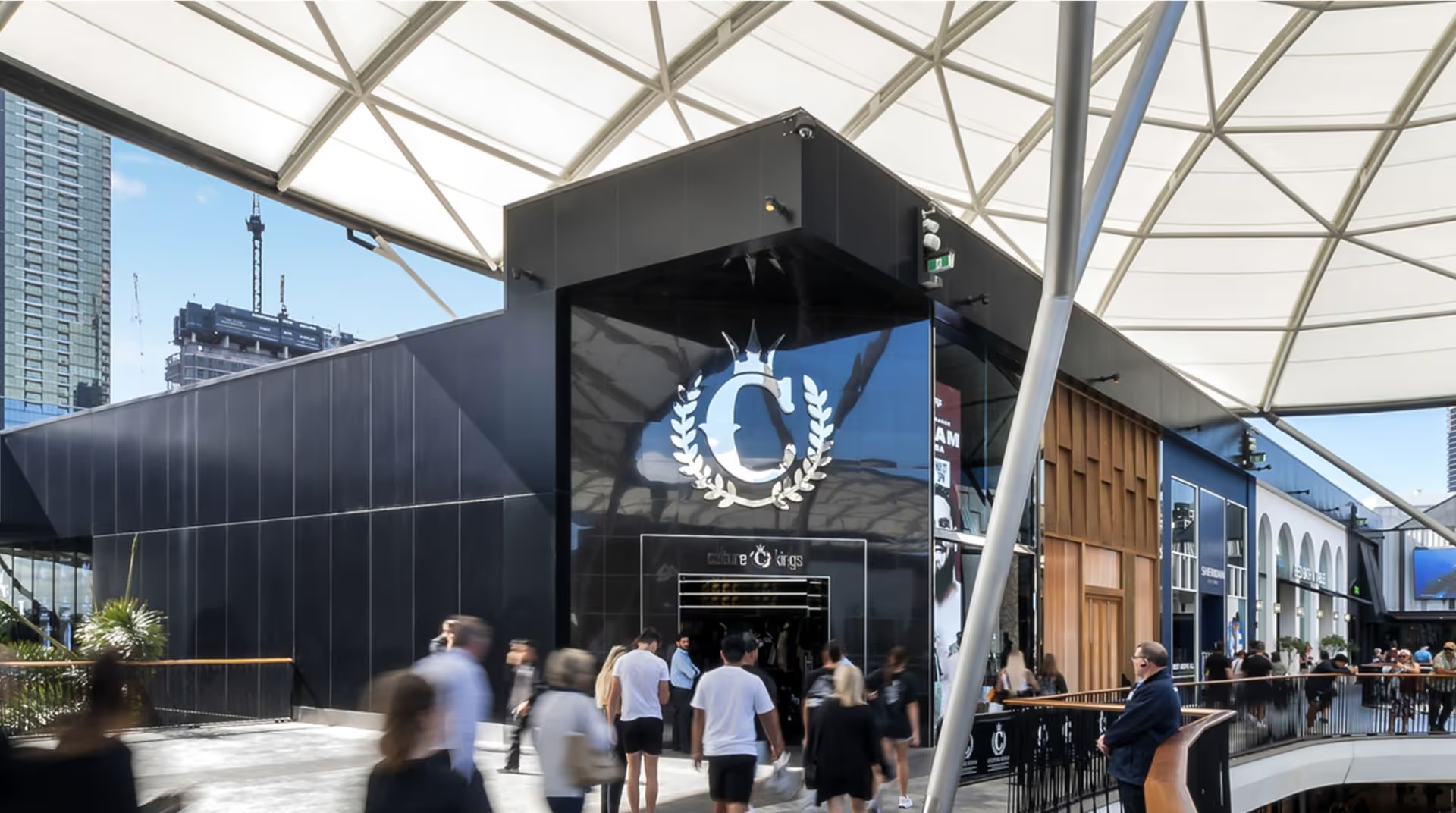
Building brands with powerful market presence
Leading Brands Choose us
Book in with one of our experts.
